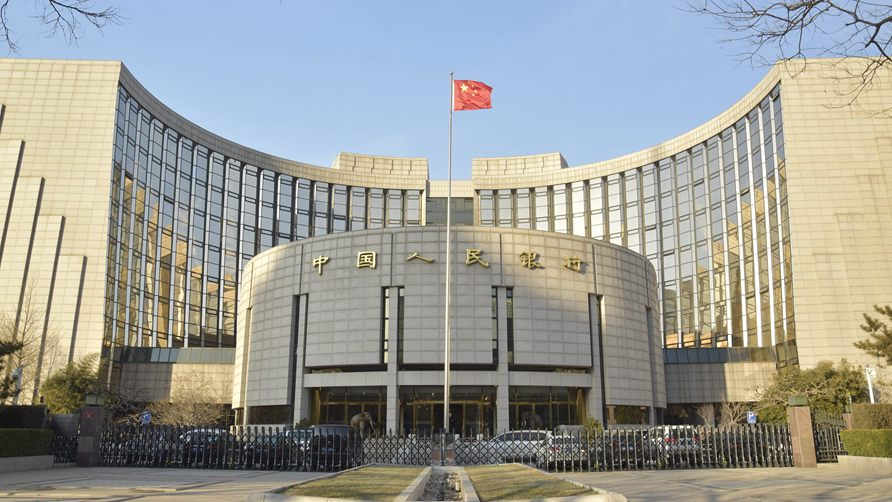
Economy
22:41, 03-Feb-2019
PBOC sets up a new bureau to improve financial stability
Zhang Xinyuan

To cope with the new economic environment and maintain financial stability, the People's Bank of China (PBOC) has established the macro-prudential management bureau to monitor and handle systemic financial risks.
The new bureau will take over some of the responsibilities of the Monetary Policy II Department, which has been disbanded.
The PBOC has a long history in restructuring according to economic environment changes. In 2008, the Monetary Policy II Department was founded to maintain financial stability when China's economic reform deepened, and currency and exchange policies were of utmost importance.
However, as the financial market develops, monetary policies have hit limitations in maintaining China's financial stability and macro-prudent thinking has emerged as a response.
With the new establishment, the PBOC has established a two-pillar regulation framework consisting of monetary policy and macro-prudent assessment policy.
Industry experts believe that the macro-prudent policy is a beneficial supplement to monetary policy, the combination could deal with systemic financial risks more effectively, and protect currency stability with financial stability.
A statement issued by the State Commission Office of Public Sectors Reform on Saturday noted that the PBOC should take the lead role in establishing macro-prudent management framework, draft for important laws in the finance industry, and improve ground rules in protecting financial consumers. In functionality transformations, the PBOC needs to strengthen its responsibility in macro-prudent management and stay on guard for financial risks and hold to the bottom lines of no systemic financial risks.
Yin Zhentao, deputy director of the Research Center for Financial Law & Regulation, Chinese Academy of Social Sciences, said in a report by Yicai on Saturday that the macro-prudent management bureau and the Monetary Policy Department will become PBOC's two major tools in maintaining China's financial stability, and PBOC's regulatory role will be further strengthened with the new bureau.
Macro-prudential management bureau's responsibilities include drafting rules and frameworks for macro-prudent policy and systemic important financial organizations, monitoring and handling financial systemic risks, and studying and advising on currency issues including yuan convertibility, promoting yuan's international payment, developing onshore and offshore yuan market, promoting currency cooperation between central banks, and implementing counter-cyclical regulation of cross-border capital.
The bureau's renewed efforts in exchange rate reform and RMB internationalization also show the country's commitment to continue to open up China's financial market.

SITEMAP
Copyright © 2018 CGTN. Beijing ICP prepared NO.16065310-3
Copyright © 2018 CGTN. Beijing ICP prepared NO.16065310-3